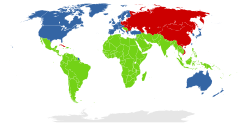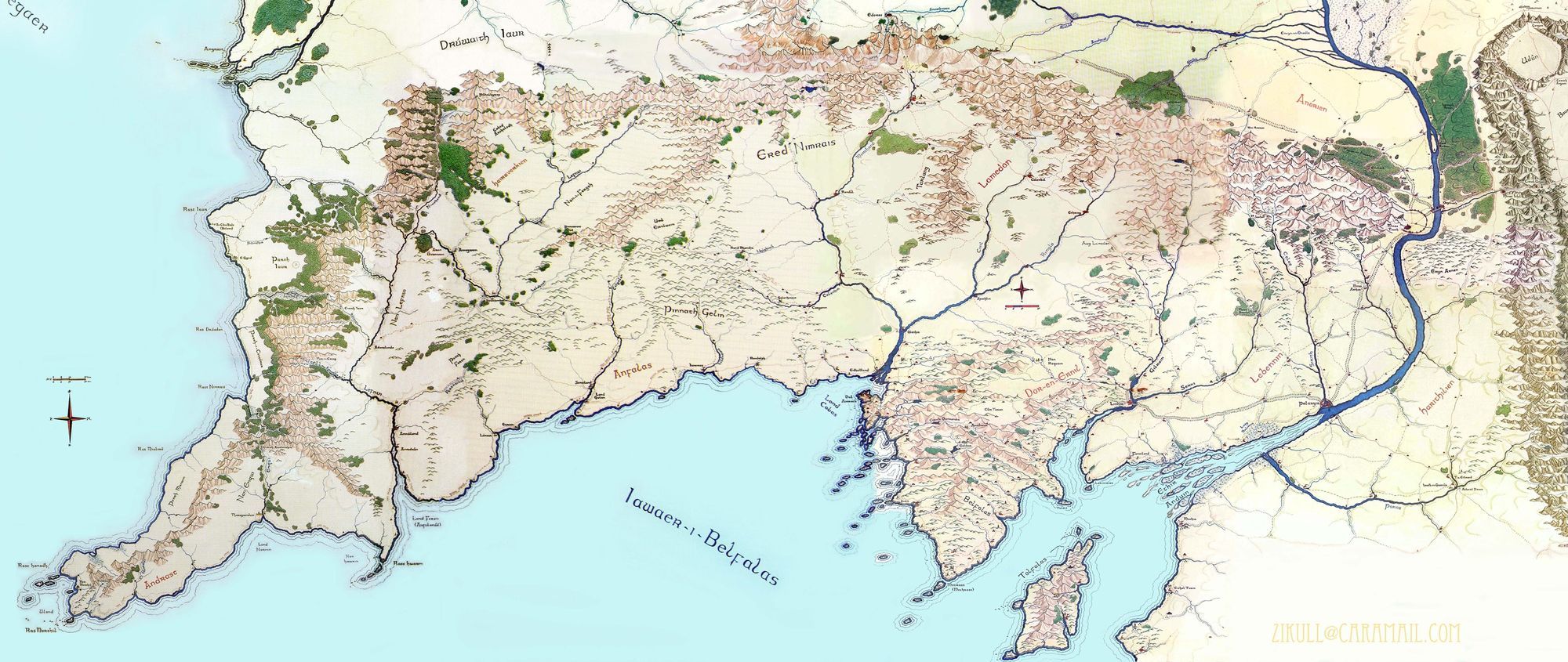
Original (politically-based) classification
t’s recently come up in a Facebook discussion that I don’t think the idea of a “Third World” has much merit. I’ve posted on this briefly a few years ago but I hope I’ve learnt a thing or two since then!
Just to get things clear, there are definitions of First/Third World that really do represent reality. For instance being a colonial power vs being a country that was (or still is) colonised. However, I think in most people’s minds the definition that predominates is one relating to a world with good vs bad economic and social conditions. From what I’ve seen, regardless of any “original” or better meaning, this is the one meaning that’s actually in play.
My problem with the term Third World in its colloquial meaning isn’t just that the term itself might be insulting/pejorative/condescending. It’s that the very idea of partitioning the countries of the world into two categories is insulting/pejorative/condescending. Not to mention false. This is something that inventing new terms like the Global South does little to fix*.
In terms of falseness, it’s best to start (as usual) with a repeat of the classic video by Hans Rosling:
If you were tl;dr on the video, here’s the money quote:
When I talk to my students about global issues, and I listen to them in the coffee break, they always talk about “we” and “them.” And when they come back into the lecture room I ask them, “What do you mean with “we” and “them”? “Oh, it’s very easy. It’s the western world and it’s the developing world,” they say. “We learned it in college.” And what is the definition then? “The definition? Everyone knows,” they say. But then you know, I press them like this. So one girl said, very cleverly, “It’s very easy. Western world is a long life in a small family. Developing world is a short life in a large family.” [Transcript link]
Indeed there was a time when the countries of the world could be partitioned into two fairly discrete blobs of “rich” and “poor” with a fairly wide gap in between. Today however, the world is on a continuum, with every imaginable combination in existence somewhere. And yet the idea of the 3rd world as a collection of “poor countries” has remained largely unchanged. The stigma of being seen as a 3rd world country overrides any strides that have been made in the last 50 years. Many of which have been amazing. Is Vietnam a third world country? It certainly is by the cultural associations the term implies. And yet it has a life expectancy of 74.2 years. Now, the Netherlands reached the same life expectancy in 1973. And yet people wouldn’t have called it a 3rd world country in 1972, would they? In 1950, France had the same life expectancy as Tajikistan does today.

Of course you can (1) point out that all I’m saying is that life expectancies have increased or (2) suggest other metrics or (3) say that I’m cherrypicking values. It’s true that I scanned for a while to find values that best illustrate this. But the main point I wanted to show is that the game is rigged. Countries are generally placed in these categories by gut feel when terms like “third world” are used colloquially, not based on some precise criteria.
A brief example from my recent trip. Someone was asking me about Iran — they were curious if Iran had things like modern roads and infrastructure, technology and so on. My jaw dropped at the ridiculousness — someone was asking if a country ranked 17/183 by GDP (by the IMF) is in the stone age! (Now there’s another interesting term…) There was obviously a political dimension to the question but I think the idea of Iran being a 3rd world country contributed to the question. The attitudes this term helps create are certainly doing more harm than good.




0 Comments